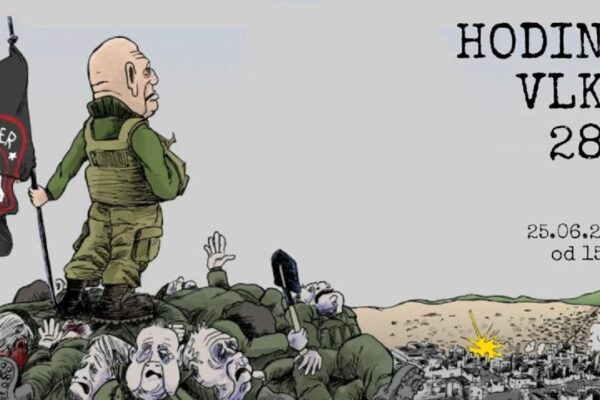
Introduction
Big Brother, a reality television phenomenon, has captivated audiences since its inception in the late 1990s. Originating in the Netherlands and quickly spreading across the globe, the show constructs a social experiment by placing a group of strangers in a confined environment, under constant surveillance, for an extended period. The relevance of Big Brother extends beyond mere entertainment; it has sparked discussions about privacy, social behaviour, and the impact of media on society.
Growing Popularity
Recently, Big Brother has witnessed a resurgence in viewership, particularly with the introduction of celebrity editions and international adaptations. The latest season in the UK garnered significant attention as it tackled contemporary social issues such as mental health and diversity. This season has not only drawn in a diverse cast but also attracted a viewership that reflects today’s societal values. The mix of cultural backgrounds and perspectives has encouraged conversations around inclusion and representation in media.
Controversies and Criticism
Despite its success, the show has not been without controversy. Critics often argue that Big Brother promotes unhealthy competition, exploitation, and a lack of genuine human connection. The mental health of participants has also come under scrutiny, especially following instances of contestants facing emotional challenges during and after their time in the house. Reality shows like Big Brother are often compared to social experiments where the line between entertainment and ethics can become blurred.
The Digital Age Impact
In the age of social media, Big Brother has evolved from being just a show to a media experience that extends beyond television. Fans engage in discussions on platforms like Twitter and Instagram, influencing the narrative and often calling for change within the show’s framework. This interaction adds a new layer of viewer engagement, allowing audiences to feel invested in the lives of the contestants. Furthermore, the show’s format has influenced countless other reality shows, setting standards for audience interaction and viewer engagement.
Conclusion
As Big Brother continues to evolve, its significance in the realm of reality television remains undeniable. The show not only provides entertainment but also acts as a mirror to society, reflecting contemporary social norms and challenges. With its ability to adapt to changing viewer expectations and societal issues, Big Brother is likely to remain a staple of reality TV for years to come. Viewers should reflect on the lessons learnt from the show, considering the implications of constant surveillance and the dynamics of human behaviour in high-pressure environments.
You may also like

The Importance of Storytelling in Modern Society

Understanding the Fall Season: Change, Beauty, and Tradition

Everything You Need to Know About ITV2
SEARCH
LAST NEWS
- Remembering Wendy Richard: The Promise to Co-Star Natalie Cassidy
- How Did Anglian Water Achieve an ‘Essentials’ Rating for Mental Health Accessibility?
- Shai Hope Leads West Indies in T20 World Cup Clash Against South Africa
- What We Know About Weston McKennie: Future at Juventus and Past at Leeds
- What We Know About the Upcoming Live Nation Antitrust Trial